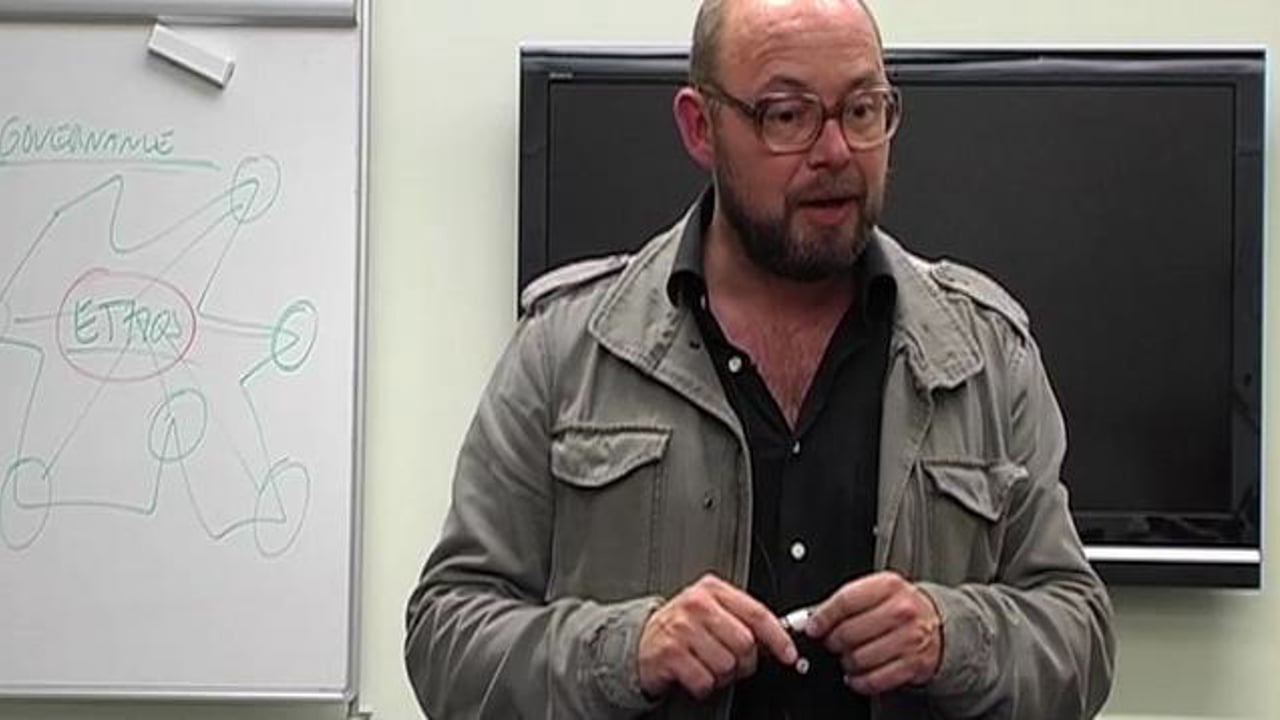

The Web science Institute would like to invite to you a WSI seminar with Professor Adam Arvidsson from the University of Naples, Italy. The talk will take place at 3pm on Monday 4 June at University of Southampton, Highfield Campus, Building 13, Room 3021.
Industrious Modernity
Professor Adam Arvidsson, University of Naples, Federico II
Industrial modernity is in crisis. Industrial capitalism is no longer able to generate the growth and employment necessary to deliver on its promise. Industrial development overall has proven disastrous, propelling us into an Anthropocene where the future is radically unpredictable.
At the same time, more people than ever are economically active, and innovation and entrepreneurship is booming across the globe. The global economy has seen a structural transformation where production has shifted over to a multitude of capital poor and labor-intensive businesses. Urbanization has driven a boom in small-scale service enterprises and a pirate economy made of bazaar traders that peddle cheap and sometimes counterfeited goods to those left out of the corporate economy. Among highly educated knowledge workers many are pushed out of corporate careers, and many are at the same time pulled by ideals of a less alienated work life, dedicated to the pursuit of quality experiences or to ‘changing the world’. This new ethic of work as a lifestyle is driving the start-up and social enterprise and neo artisan scenes of cities across the world.
In this talk, I suggest that the people excluded from an industrial modernity that is declining in importance and attractiveness are driving to make up a new industrious modernity. Like the industrious revolution that pioneered the emergence of a new market society during the European Middle Ages, industrious modernity is marked by labour intensive and capital poor actors that rely to a large extent on common knowledge, resources or technologies and that are driven by endogenous motivations like creativity, impact or self-realization. Already now, I suggest this industrious economy is the main source of social innovation, adapting technological innovations to exiting needs and demands. And this role will increase as a re-feudalizing industrial capitalism will be ever less relevant to most people’s lives, and unable to satisfy basic needs that will themselves be changing rapidly as the ecological and economic crises of the 21st century progress. Industrious modernity poses a challenge to the contemporary capitalism and is likely to drive a re-organization of global relations of production, or even in a longer perspective point beyond the capitalist mode of production itself.
